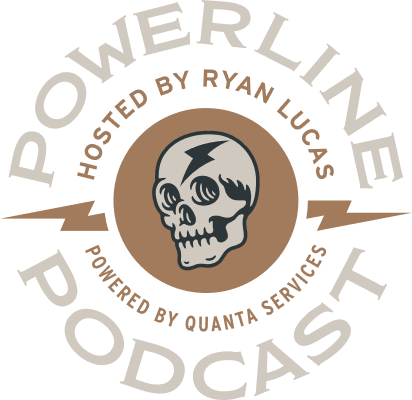Originally published by BEHIND THE SHIELD podcast on January 12, 2020 – Episode 268.
“I’m a second generation linemen. What does that mean? I’m a tradesman. I learned to work with my hands. I know what it’s like to physically work so hard day in and day out that you go to bed with an aching body and wake up feeling even more sore. When I found a good pair of boots, I wore them every day for years. they were re-soled 4 times before I was finally told to throw them out.”
Power line work is a unique trade. It takes a high level of concentration and is very demanding physically and mentally. There is an elevated level of risk and it takes a certain kind of person to execute this type of job.
This trade has taught me so many valuable skills that I now use in my role in management. One of the greatest assets line work has taught me is the ability to lead people. It’s taught me how to be a progressive team player who continually strives to move forward. I’ve learned how to work in high stress environments and how to make on the spot tough decisions through my years of working with energized power lines.
In my 19 years as a Powerline Technician I’ve worked all across North America. I began in Williams Lake, a small town in British Columbia. Williams Lake is a resource based community that primarily services the forestry and mining industry. Anyone working for a contractor servicing the private sector would understand the challenges that come with this. Though it was a struggle most of the time it taught me key problem solving tactics. I learned how to troubleshoot complex electrical and rigging problems, build safe work plans and bring teams of people together to execute jobs.
Moving forward as a lineman I began work with Allteck Line Contractors, Inc. Allteck opened the doors for me internationally. I became a Live Line Barehand certified Lineman, Allteck provides the best training in the industry for this technique called energized barehand work methods. I spent 5 years as a Barehand Lineman working all over Canada and the USA. From southern Texas to northern BC I performed energized tasks working with helicopters, re-conductoring using ACCC wire and executing complicated wire cuts on voltages up to 500kV.
I haven’t shared this with many people, but before I became a lineman I actually wanted to become a graphic designer. I’ve also always had a passion for photography and videography though I didn’t pursue it on a level deeper than just a hobby. While working as a Lineman I was always the guy with a GoPro strapped to my head or Black Taping it to anything I could and hitting record.
One day while sitting at home on the couch with my kids I was flicking through the iTunes menu looking for something to watch and I came across a snowboard film called The Art Of Flight. If your into snowboard films, I’m sure you’ve seen it. I was instantly drawn to the similarities between what I was doing in linework and what these snowboarders were doing on the mountains. For us lineworkers in BC, Canada, if you work on transmission lines or any rural distribution lines theres a good chance that you’ll have a mountain view. I have spent a good portion of my career working as a barehand Lineman on transmission lines in the mountains of BC. A good portion of the jobs involved us using a Class D system of helicopter transportation called HETS or Human External Cargo Transportation System where we were the cargo being transported on the end of a long-line. It’s a practice widely used in most parts of North America now, but at the time Allteck was a pioneer and the first to start using this as a work method in Canada and I was fortunate enough to be apart of that since the start.
Side note on this – there are a lot of Lineman that I see everyday on social media using a helicopter long-line as a method of transportation and needlessly risking their life. I heavily question some of the methods used today. If we’re going to improve the safety of the industry we need to start by making better decisions together.
Enough on that for now cause I’m sure we’ll talk heavily about it in the podcast.
Family dynamics caused me to leave working in the field and I was able to move into an office position in Resources. I’m not going to lie to you it’s a terribly hard switch to make. I had to start at the bottom again. Since I started working in the office world I’ve continued to keep true to my roots. I’m a Lineman. Those are my roots and linework is my passion. I’ve always wanted to highlight the trade and I feel that it hasn’t got enough recognition in the world. I want to change that and this podcast is just one way that I want to bring recognition to this amazing trade and this amazing way of life because that’s what it is for most of us that do it. It’s not just a job.



